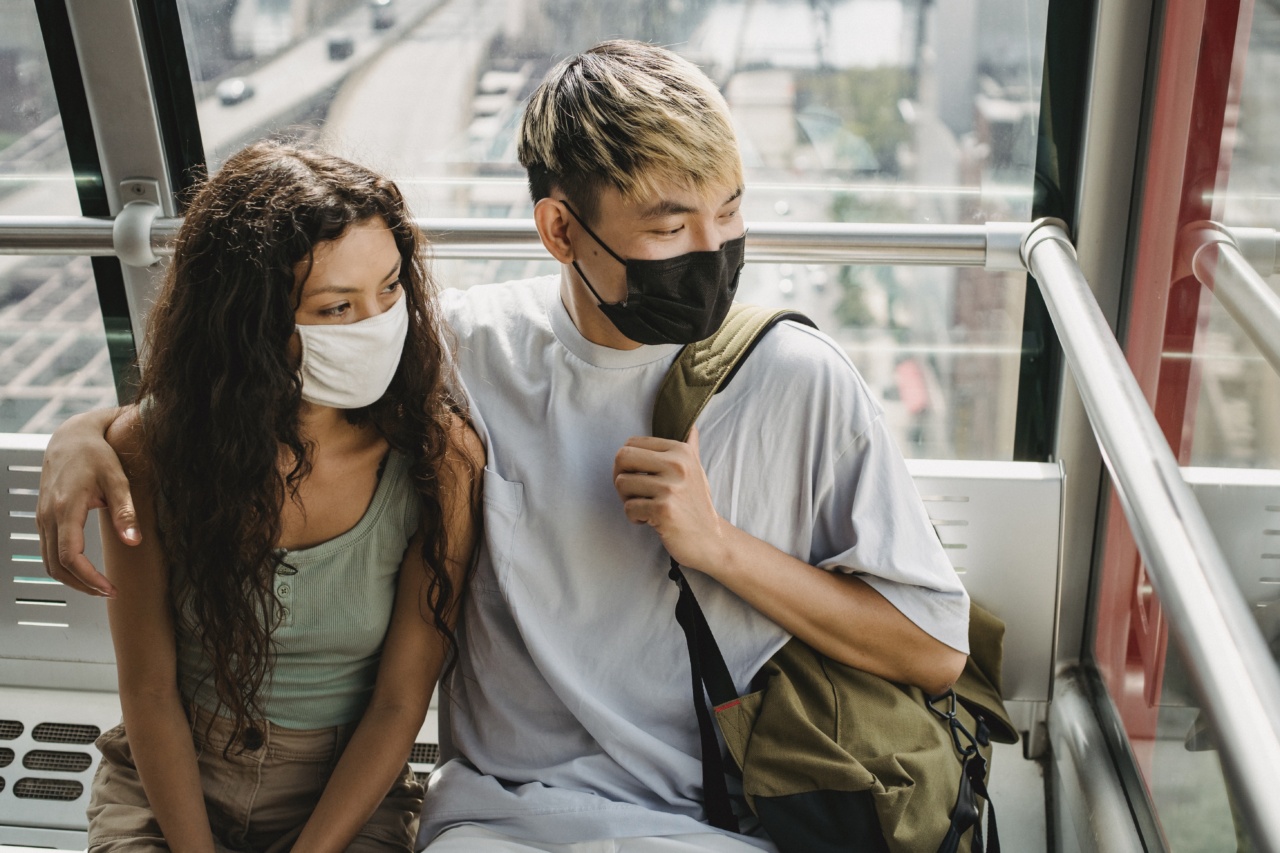Cystic Fibrosis (CF) is a genetic disorder that affects the lungs, digestive system, and other organs in the body.
It is caused by a mutation in the CFTR gene that produces a faulty protein, which leads to the buildup of thick, sticky mucus in the lungs and other organs. People with CF are at risk of developing lung infections and breathing difficulties, as well as digestive problems and malnutrition.
Understanding Cystic Fibrosis
Cystic Fibrosis is a complex disease that affects people differently. It can range from mild to severe, depending on the severity of the mutation and the age of onset.
Some people with CF may not experience any symptoms until later in life, while others may develop symptoms in early childhood.
Common symptoms of cystic fibrosis include:.
- Chronic cough
- Shortness of breath
- Wheezing
- Chest congestion
- Frequent lung infections
- Poor growth
- Weight loss
- Delayed puberty
- Infertility (in males)
- Pancreatitis (in some cases)
Travel Tips for People with Cystic Fibrosis
Traveling can be difficult for people with cystic fibrosis, as they are at risk of developing lung infections and other complications. However, with some careful planning and preparation, people with CF can travel safely and enjoyably.
Here are some travel tips for people with cystic fibrosis:.
1. Plan Ahead
Before you travel, make sure you speak with your healthcare provider to ensure that you are physically prepared for the trip.
You may need to have some tests done to check your lung function, and you should also ensure that you have plenty of medication and medical supplies to last you for the duration of the trip. Additionally, you may need to arrange for oxygen or other medical equipment in advance.
2. Pack Appropriately
When you are packing for your trip, make sure you bring all the necessary medication and medical supplies. This includes any antibiotics, inhalers, nebulizers, or other treatments that you may need.
You may also want to pack extra medication and supplies in case of emergencies or delays.
3. Stay Hydrated
Drinking plenty of fluids is important for people with cystic fibrosis, especially when traveling. You should make sure you drink plenty of water and other hydrating fluids, such as sports drinks or coconut water.
Avoid drinking alcohol or caffeine, as these can dehydrate you.
4. Avoid Situations That May Increase Your Risk of Infection
People with cystic fibrosis are at risk of developing infections, especially in crowded or poorly ventilated areas.
You should avoid close contact with people who are sick, and you should also avoid areas with poor air quality, such as smoky environments or areas with a lot of pollution.
5. Practice Good Hygiene
The best way to prevent infections is to practice good hygiene. Make sure you wash your hands frequently, especially before eating or touching your face. You may also want to carry hand sanitizer with you in case you are unable to wash your hands.
6. Use a Facemask
When traveling by plane, or in other situations where you may be exposed to a lot of germs, you may want to consider wearing a facemask to help prevent infections.
Make sure you choose a mask that fits properly and is rated for use against viruses and bacteria.
7. Get Enough Rest
Traveling can be exhausting, especially for people with cystic fibrosis. Make sure you get enough rest and pace yourself to avoid overexertion.
You may also want to consider taking rest breaks during long journeys, or breaking up trips into shorter segments.
8. Manage Your Symptoms
When traveling, it is important to monitor your symptoms and manage them as best as you can. This may mean taking medication as directed, using portable nebulizers or inhalers, or doing breathing exercises to help clear your airways.
9. Follow a Healthy Diet
Eating a healthy diet is important for people with cystic fibrosis, as it can help improve lung function and prevent malnutrition.
When traveling, try to eat a balanced diet that includes plenty of fresh fruits and vegetables, lean protein, and whole grains. You may also want to consider packing snacks or meals in case you are unable to find suitable food options.
10. Stay Active
Staying active is important for people with cystic fibrosis, as it can help improve lung function and overall health. When traveling, try to incorporate physical activity into your itinerary, such as walking or swimming.
You may also want to consider packing resistance bands or other portable exercise equipment to use in your hotel room or other locations.
Conclusion
Traveling can be challenging for people with cystic fibrosis, but with some careful planning and preparation, it is possible to travel safely and enjoyably.
It is important to speak with your healthcare provider before traveling, and to ensure that you have all the necessary medication and medical supplies. You should also take steps to prevent infections, manage your symptoms, and stay healthy and hydrated. By following these tips, you can minimize the risks associated with traveling and have a safe and enjoyable trip.





























